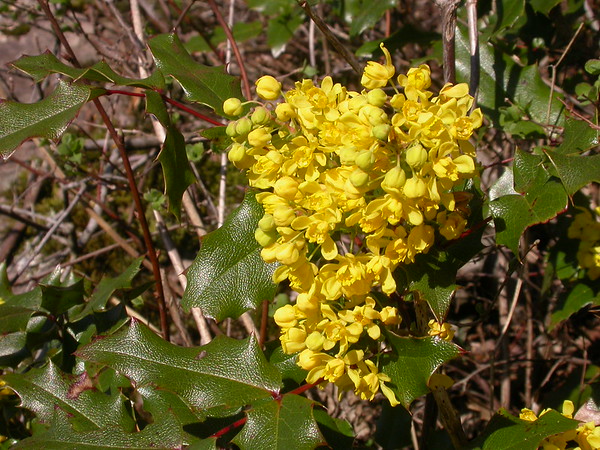
Berberis aquifolium
Tall Oregon grape is a woody perennial shrub in the barberry family that is tough enough to survive in many conditions and yet provides edible and... more->
We spent 13 years building an abundant fruit forest, annual veggie beds, perennial medicinal herbs, and a healthy mixed hardwood-coniferous forest and now we've sold our property to the next stewards so that we can begin a new homesteading project in Vermont closer to our best friends and their kids.
Don't worry - we plan to keep this website up and running so that our customers can reference what we've written about our plants!
We'll let you know once we re-start a farm in Vermont!